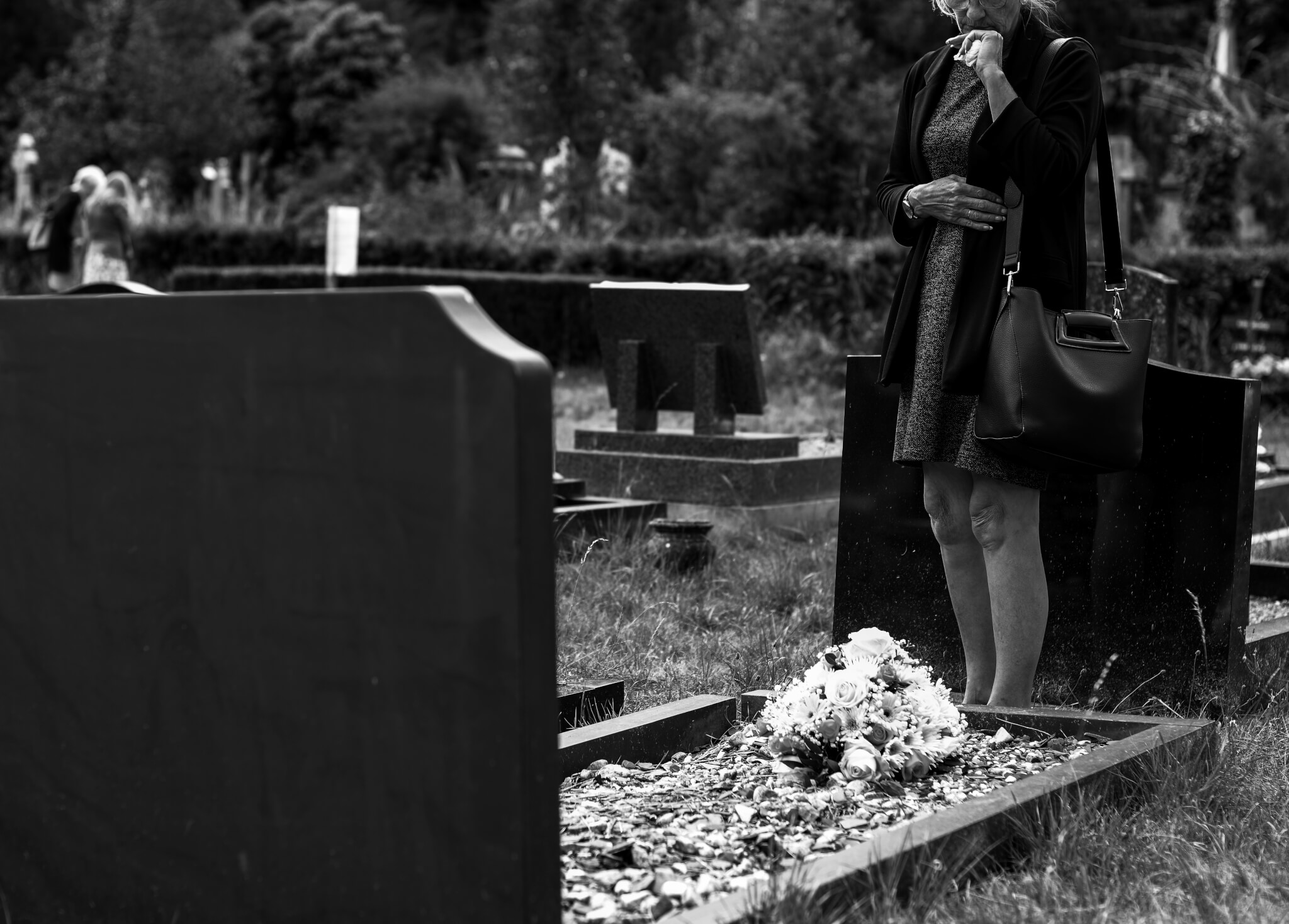Two suicides. Actually, one was a singular suicide. The other was a group of 19 men who committed suicide on the same day.
One was performed as a final act of hopelessness. The other, the group suicide, was performed as a noble act of victory.
On September 11, 2001, nineteen terrorists who were members of al-Qaeda, an Islamist extremist network, hijacked four commercial airplanes. In a coordinated attack, the hijackers intentionally flew two of the planes into the Twin Towers of the World Trade Center, and a third into the Pentagon. Learning about the other hijackings, passengers and crew members on the fourth plane launched a counterattack, spurring the hijacker pilot to crash the plane into a field in Pennsylvania. Nearly 3,000 people were killed on that day, the single largest loss of life resulting from a foreign attack on American soil.

Image: Harvest Christian Fellowship
On September 9, 2019, Jarrid Wilson, a California church leader, author, and mental health advocate, died by suicide at age 30.Wilson, known as a passionate preacher, most recently was an associate pastor at megachurch Harvest Christian Fellowship in Riverside, California. A co-founder of the mental health nonprofit Anthem of Hope, Wilson was open about his own depression, often posting on his social media accounts about his battles with the mental illness.
A tale of two suicides. I am struggling to wrap my head around this.
Looking back at previous blogs, I see that I’ve tended to bring up this topic often. My intent is not to camp out on this one issue. In light of this last week, though, I feel compelled to talk about this, because the intent of this blog is encouragement and hope.
Think about this again. Wilson’s suicide grew from him feeling that there was nothing else to live for. The terrorists’ motive was virtually the opposite. They were giving their lives to what they felt was the most honorable of causes. They died with the belief that their act would gloriously further the al-Qaeda goal of bringing the United States of America down. (There were other motives, I’m sure.)
I don’t want to pick apart motives in either of these cases.The number of suicides in the United States increased 24 percent from 1999 to 2014, gaining momentum after 2006 when the increase each year jumped between 1 and 2 percent, according to the Centers for Disease Control. The biggest jump was among adolescent girls and men aged 45 to 64.
There is one common trait between these two suicides, though. Both Wilson and the terrorists believed there was a better world awaiting them both.
In a series of Tweets on September 9, Wilson wrote:
Loving Jesus doesn’t always cure suicidal thoughts.
Loving Jesus doesn’t always cure depression.
Loving Jesus doesn’t always cure PTSD.
Loving Jesus doesn’t always cure anxiety.
But that doesn’t mean Jesus doesn’t offer us companionship and comfort.
He ALWAYS does that.
There are many factors that lead to suicide. It is always by choice, or else it wouldn’t be suicide. It is borne out of a perceived need, whatever that may be.
A couple of years ago, The Gospel Coalition published an article titled “Why Pastors Are Committing Suicide.” It was sobering stuff – factors cited included church conflict, comparison to other ministers, and unrealistic expectations. Certainly depression factors into this terminal choice – and depression often has biological roots.
So there’s that. In Wilson’s case, his death was of his own choosing. There are no evidences that he wasn’t a Christian. While I’d never, ever presume to know someone else’s heart, I believe he took his life convinced by his faith that he would spend eternity in heaven with Jesus.
Now we are on dangerous ground. This almost implies that suicide is a solution to the woes of this earth. Because, after all, for the believer, this world is not our home. Right?
That’s absolutely true. But suicide is not a solution to the griefs and sorrows of anyone except the person committing the act.
Now, regarding the terrorists, the 19 who also willingly gave up their lives. It appears they did this with joy, believing in an eternity with Allah, blessed with virgins, all that. They were, in their worldview, sacrificing themselves for their faith … and taking thousands along with them.
We have this juxtaposition:
- al-Qaeda suicide = joy.
- Wilson suicide = hopelessness.
Thinking about this will keep you up late. Both suicides had a “why.”
To further complicate things, what about the soldier who jumps on a live grenade to save the lives of his comrades? Is that a suicide in the same vein as the two I’ve already cited? Or is this kind of sacrifice of voluntarily laying one’s life down – literally, not metaphorically – something different altogether?
I’d contend that it is. But that’s not what I’m addressing today.
Remember that Wilson and the terrorists both had a belief that their afterlife would be better than their current reality? I won’t say anything more about the differences in Islam and Christianity other than (1) they are most assuredly different, and (2) if you subscribe to belief in absolute truth – and I do – then they both can’t be right.
I know I’m flailing about here. So let me get to my points.
- Suicide always has goal of bodily self-destruction.
- There are many motives for suicide. We see, though, that they can be motives borne out of hope or hopelessness. There can be biological or physiological factors at work here.
- Factoring out the terrorists’ suicide, we realize that hopelessness is at the root of Wilson’s suicide, and others in a similar state.
- There is nothing noble or glamorous about suicide. It unleashes torrents of sorrow.
- With all due respects to Wilson – who may have been in the grip of sorrows we can never comprehend – there is always hope. Always, always, always. He had moved to a place where even what he taught others wasn’t taking root in his own heart.
- There is always hope because Jesus is who He said He was, and He made unarguable promises – not the least of which is that He would never leave or forsake us.
- And – more importantly – He understands us totally, even when we’re in a pit of despair.
- When thinking about reasons, we have to remember that mental illness is a disease. Depression can be terminal. But God has all sorts of tools to bring healing. There are so, so many resources available through counseling, appropriate medications, all that. There is no shame in availing yourself of treatments available. And while medical and psychological professionals are equipped to do their jobs with excellence, God is the Great Physician, and all healing ultimately comes from Him. He has the liberty to use human tools, too.
I hope this is self-evident: If you find yourself in this place, get some help. No shame. No guilt. It’s available to you.
If someone you love is in this place, get them some help.
Remember none of this takes God by surprise, and He is not wringing His hands wondering what He is supposed to do. He always gives the gift of His presence to the believer, even if He feels far away.


3 thoughts on “A tale of two suicides.”